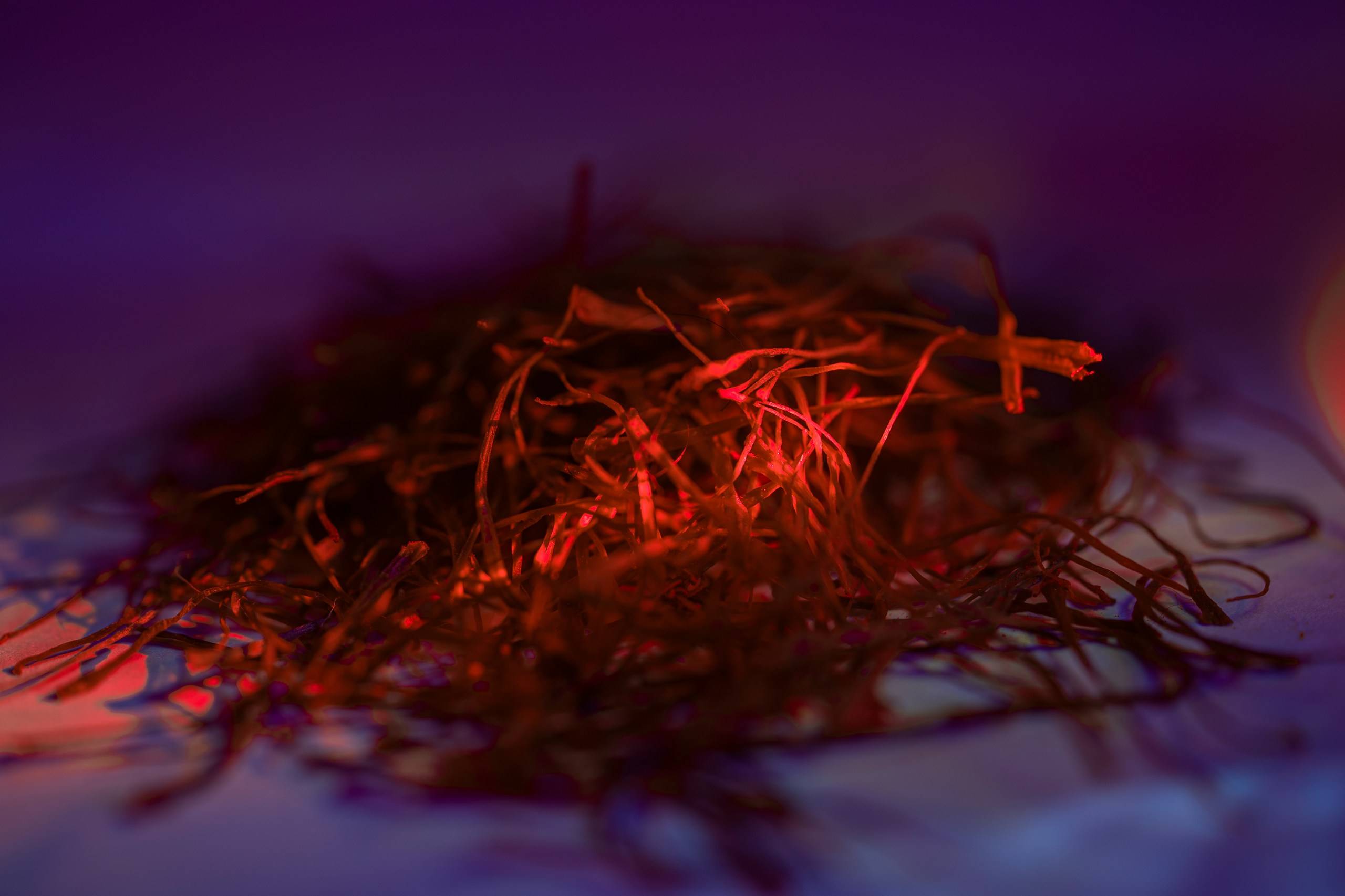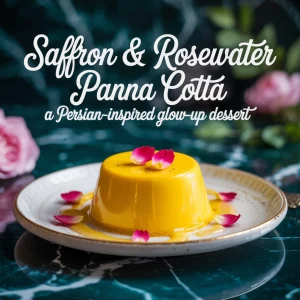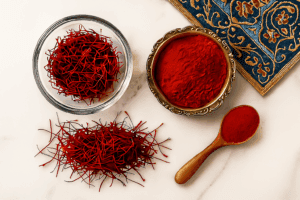Saffron and depression are often discussed together in modern wellness. This ancient spice, known as nature’s gold, is valued for more than just color and flavor. Recent studies highlight nature’s gold benefits, especially for mood and emotional health. In this post, we explore the connection between saffron and depression and why this golden spice is gaining so much attention.
How Saffron May Help with Depression
Studies suggest saffron has real antidepressant effects. This is due to its powerful compounds like crocin and safranal. These natural chemicals may affect brain neurotransmitters such as serotonin and dopamine. Both play a big role in mood and happiness. Researchers exploring saffron and depression have found promising results.
- Serotonin Support: Saffron may help raise serotonin levels. This is similar to how some depression medications work, but in a natural way.
- Antioxidant Power: Saffron contains antioxidants. These help reduce oxidative stress and inflammation, both linked to low mood and depression.
- Stress Reduction: Saffron’s calming compounds may lower anxiety. This can help you feel more relaxed and balanced.
What the Research Says
Several clinical studies compare saffron to common antidepressant drugs. For mild to moderate depression, saffron supplements (usually 30 mg daily) have shown results similar to medications like Prozac and imipramine, but often with fewer side effects.
For example, a double-blind, randomized trial published in Progress in Neuro-Psychopharmacology & Biological Psychiatry found that 30 mg of saffron extract daily was as effective as fluoxetine (Prozac) for treating mild to moderate depression1. Another study in the Journal of Ethnopharmacology found similar results when comparing saffron to imipramine2.
A meta-analysis in the Journal of Integrative Medicine reviewed six clinical trials and concluded that saffron supplements significantly reduced depression symptoms and were as effective as standard antidepressants for mild to moderate cases3. More recently, a 2022 systematic review in the Journal of Affective Disorders confirmed that saffron is effective and safe for supporting mood4.
Researchers agree that saffron and depression deserve further study, but the evidence so far is promising for those seeking natural mood support.
How to Use Saffron for Mood Support
- Drink saffron tea or golden milk as a calming ritual.
- Add a pinch of saffron to rice, soup, or dessert for flavor and wellness.
- Choose high-quality saffron supplements. Always talk to your doctor before starting any new supplement.
Important Considerations
Saffron is safe in food amounts. High doses may cause side effects. People who are pregnant, breastfeeding, or taking certain medicines should check with a doctor first. Saffron does not replace professional mental health care. It may be a helpful part of a holistic wellness plan.
Final Thoughts
Saffron and depression are now linked by both tradition and science. Enjoy saffron in recipes or as part of a mindful routine. Saffron may gently support emotional balance and wellbeing. Always consult a healthcare professional for advice that fits your needs.
References
- Akhondzadeh S, et al. (2005). Comparison of Crocus sativus L. and fluoxetine in the treatment of mild to moderate depression: A pilot double-blind randomized trial. Progress in Neuro-Psychopharmacology & Biological Psychiatry, 29(2), 307-310.
- Noorbala AA, et al. (2005). Hydro-alcoholic extract of Crocus sativus L. versus fluoxetine in the treatment of mild to moderate depression: A double-blind, randomized pilot trial. Journal of Ethnopharmacology, 97(2), 281-284.
- Hausenblas HA, et al. (2013). Saffron (Crocus sativus L.) and major depressive disorder: A meta-analysis of randomized clinical trials. Journal of Integrative Medicine, 11(6), 377-383.
- Shafiee M, et al. (2022). Saffron in the treatment of depression, anxiety and other mental disorders: A systematic review and meta-analysis of randomized controlled trials. Journal of Affective Disorders, 299, 481-492.
Disclaimer: This article is for informational purposes only and does not constitute medical advice. Saffron is not intended to diagnose, treat, cure, or prevent any disease. Always consult your healthcare provider before making changes to your wellness routine. Please read our full FDA website disclaimer for more details.




